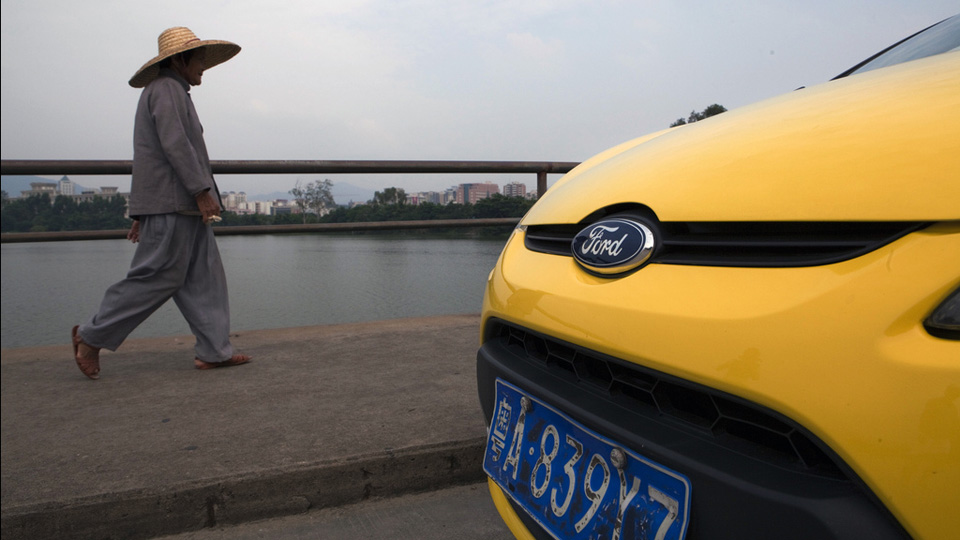Ford, the second largest auto manufacturing company in the United States, today announced that the company will invest $756 million to create a 50-50 joint venture with China’s Anhui Zotye Automobile to build electric cars in China.
The JV agreement was signed while U.S. President Donald Trump was in China, and the two countries have signed commercial deals worth approximately $9 billion.
The newly formed entity, Zotye Ford, will give Ford’s ambitious China electrification strategy a boost, and will handle everything from design to distribution in the world’s leading EV market.
Earlier this year Ford announced that at least 70 percent of all Ford-branded vehicles sold in the country will offer electrified powertrain options by 2025.
In China, the Ford brand will play a low-key role, offering the EVs under a Chinese brand name. The JV will set up a new manufacturing plant in the Zhejiang Province.
In a statement, a Ford representative said:
“We are delighted to have signed this joint venture agreement with Zotye to form our third joint venture automotive company in China. Subject to regulatory approval, Zotye Ford will introduce a new brand family of small all-electric vehicles. We will be exploring innovative vehicle connectivity and mobility service solutions for a new generation of young city-dwelling Chinese customers.”
According to the press release, Zotye Auto already leads the all-electric small vehicle segment in China, and has sold more than 22,500 EVs year-to-date, representing a 14 percent growth over the same January to October period last year.
Until 2009, the United States was the largest car market, after which China took over. It has been widening that gap since then. As of 2016, 28.03 million cars were sold in China, compared to 17.86 million in the U.S.
Despite strong sales dominated by internal combustion engine vehicles, China is moving aggressively to phase out fossil-fuel-based cars and move completely to EVs. In September 2017 alone, 59,000 new passenger plug-in cars were registered in China, representing an 80% year-over-year growth. This year, until September, sales have already hit 338,000, a 48% increase over the prior period.
Out-of-control air pollution and a ballooning oil bill have forced the Chinese government to look at EVs as the future of transportation. The country wants at least one-fifth of the 35 million vehicles sold by 2025 to be NEVs, or new energy vehicles.
Thanks for visiting. Please support 1redDrop on social media: Facebook | Twitter
Source: Ford , OICA , Reuters, CleanTechnicia



